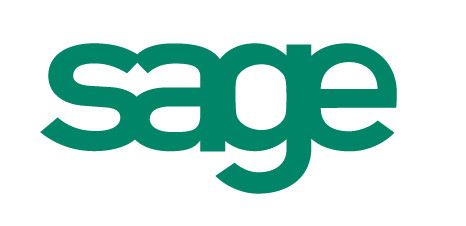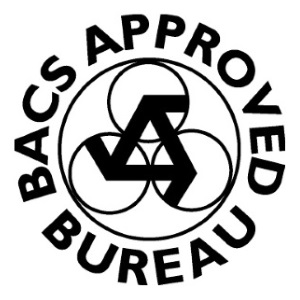How to protect your credit rating after business insolvency
Experiencing business insolvency can be a challenging time for company directors and owners. One pressing concern is the potential impact on personal credit ratings. Understanding the relationship between business insolvency and personal credit, along with proactive measures, can help protect your financial standing.
1. Distinguish Between Personal and Business Credit
In the UK, a limited company is a separate legal entity from its directors. This separation means that the company’s financial issues, including insolvency, typically do not directly affect the personal credit ratings of its directors. However, there are exceptions:
- Personal Guarantees: If you’ve provided personal guarantees for business loans or credit facilities, you’re personally liable for those debts. Failure to fulfil these obligations can adversely affect your personal credit score.
- Sole Traders and Partnerships: Unlike limited companies, sole traders and partners in a partnership are personally responsible for business debts. Insolvency in these structures directly impacts personal credit ratings.
2. Communicate with Creditors
Open and honest communication with creditors is essential:
- Negotiate Terms: Discuss possible repayment plans or settlements. Creditors may prefer a structured repayment over pursuing legal action.
- Document Agreements: Ensure that any new terms are documented in writing to prevent future disputes.
3. Seek Professional Insolvency Advice
Engaging with insolvency professionals can provide clarity and guidance:
- Licensed Insolvency Practitioners: They can assess your situation and recommend appropriate actions, such as Company Voluntary Arrangements (CVAs) or Administration, which might protect the business and your personal credit.
- Financial Advisors: They can help restructure personal finances to mitigate potential impacts from business insolvency.
4. Monitor Personal Credit Reports
Regularly reviewing your credit report allows you to:
- Identify Errors: Ensure that business insolvency hasn’t been mistakenly recorded on your personal credit file.
- Track Changes: Stay informed about any fluctuations in your credit score, enabling prompt action if issues arise.
5. Avoid Further Personal Financial Exposure
To safeguard your personal credit:
- Refrain from New Personal Guarantees: Especially if the business is experiencing financial difficulties.
- Separate Finances: Maintain clear boundaries between personal and business finances to prevent cross-contamination of credit issues.
6. Understand Legal Implications
Familiarise yourself with legal responsibilities:
- Directors’ Duties: Ensure compliance with legal obligations to avoid accusations of wrongful trading, which can have personal financial repercussions.
- Insolvency Proceedings: Understand the processes involved, as certain actions during insolvency can impact personal liability.
7. Rebuild and Maintain Financial Stability
Post-insolvency, focus on restoring financial health:
- Budgeting: Create a personal budget to manage expenses effectively.
- Savings: Establish an emergency fund to cushion against future uncertainties.
- Credit Use: Use credit judiciously, ensuring timely repayments to rebuild creditworthiness.
8. Educate Yourself on Credit Scoring
Understanding how credit scores are calculated can aid in protection:
- Payment History: Consistently make payments on time to positively influence your score.
- Credit Utilisation: Keep the ratio of used credit to available credit low.
- Credit Mix: Having a diverse range of credit types, managed well, can enhance your credit profile.
9. Engage with Credit Reference Agencies
If inaccuracies arise:
- Dispute Errors: Contact agencies to correct any mistakes on your credit report promptly.
- Add Notices of Correction: Provide explanations for certain entries, offering context to potential lenders.
10. Plan for Future Ventures Carefully
When considering new business opportunities:
- Risk Assessment: Evaluate potential financial exposures thoroughly.
- Legal Structure: Choose business structures that limit personal liability, such as forming a limited company.
Get in touch with Bennett Verby Corporate Recovery
While business insolvency is a significant event, its impact on personal credit ratings can be managed and mitigated through informed actions and proactive measures.
By understanding the distinctions between personal and business finances, maintaining clear communication with creditors, seeking professional advice from Bennett Verby Corporate Recovery, and diligently monitoring your credit, you can protect and even improve your personal financial standing post-insolvency.












